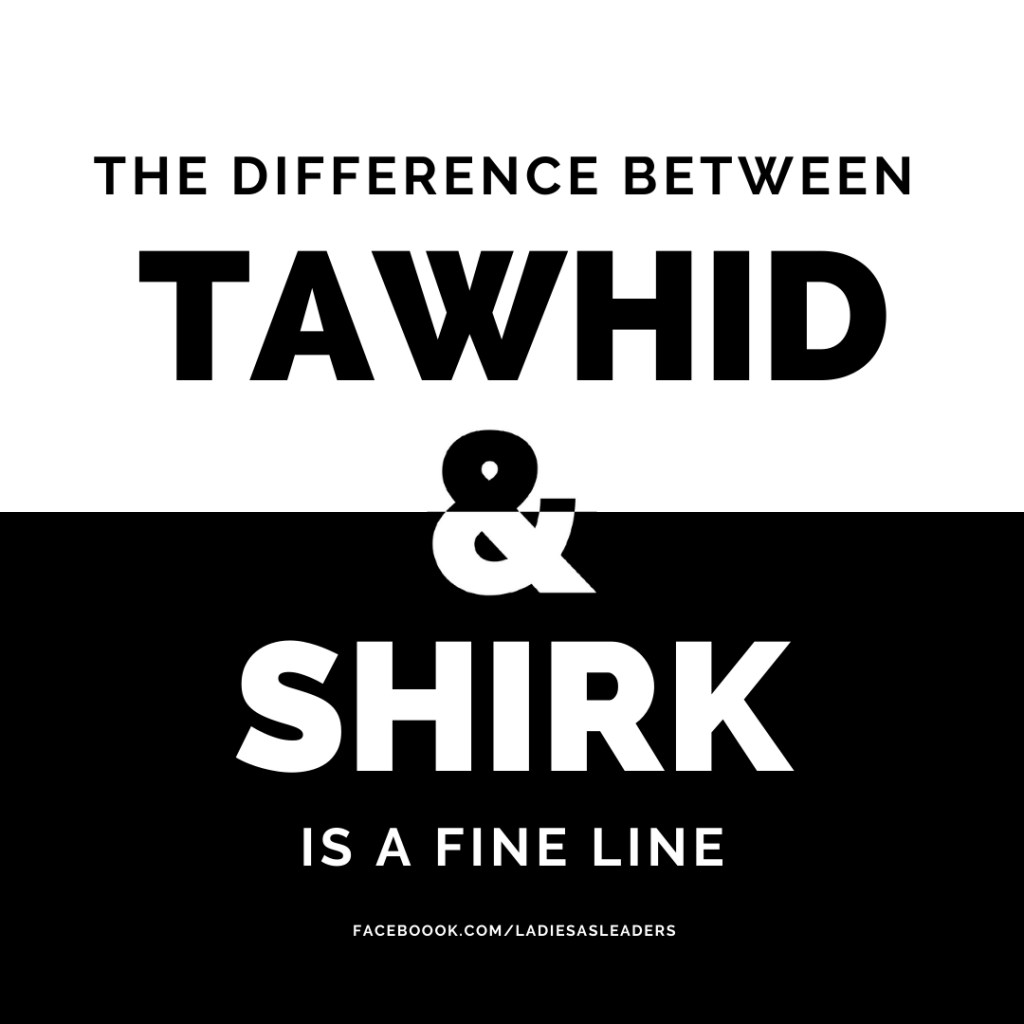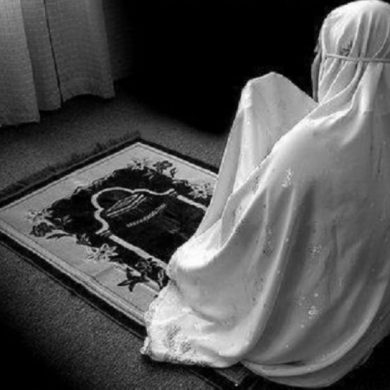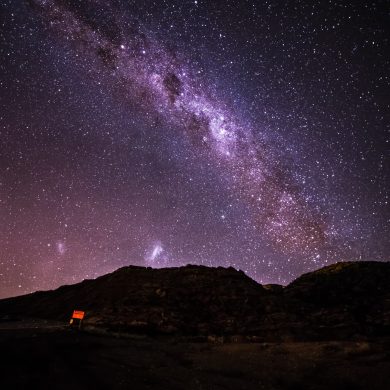A common practice in many religions throughout history is that people pray to righteous people to obtain their needs, rather than praying directly to God.
For example, many Christians make pilgrimages to Holy sites where they have statues of the Virgin Mary. They go up to her and say prayers such as: “Oh Mary oh angel of peace, grant me peace”. Although the worshipper is likely sincere and genuine, as Muslims, we shun the idea of saying such a prayer to anyone but Allah (swt) Himself and would class this as shirk (associating others with Allah (swt)). This is because no one has the power to bestow or prevent anything except Allah (swt).
However, when we examine some of the prayers said in Muslims circles, they contain similar wording. For instance, visit any of the blessed shrines of our Holy Imams and you are guaranteed to hear prayers such as: “Oh my master Hussain, please cure my son for you are the one who cures illnesses”. Although most people who say this have a pure intention and deep down know that they are asking Allah (swt), the wording itself is very dangerous.
When we make such prayers, we have to make a very important distinction which is the fine line between shirk (associating partners with God) and tawhid (belief in the Oneness of God).
Instead of the above prayer, we should stand at the shrine and state: “Oh Allah, for the sake of your beloved Hussain, cure my son for You are the only One Who can cure illnesses”.
You see that? The tiny difference that makes you go from potential shirk to pure tawhid?
Take note of this truly profound reminder in the Qur’an:
قُلْ إِنَّمَا أَنَا بَشَرٌ مِّثْلُكُمْ يُوحَىٰ إِلَيَّ أَنَّمَا إِلَٰهُكُمْ إِلَٰهٌ وَاحِدٌ فَاسْتَقِيمُوا إِلَيْهِ وَاسْتَغْفِرُوهُ ۗ وَوَيْلٌ لِّلْمُشْرِكِينَ – 41:6
Say, O [Muhammad], “I am only a man like you to whom it has been revealed that your God is but one God; so take a straight course to Him and seek His forgiveness. And woe to those who associate others with Allah”.
Allah (swt) is emphasising that the Prophet, and consequently the Ahlulbayt, are physically just like you and me. Undoubtedly, they excel over other human beings not in the physical sense but in their unwavering obedience and submission to the Almighty. They cannot cure your sick ones, help you pass your exams, or enable you to have a child. These are powers in Allah’s hands alone. Further, it is amazing that in the very same aya there is a stern warning to anyone who associates others with Allah (swt). This should be sufficient for us to be extremely cautious of saying things that, God forbid, raise anyone to the same level as Allah (swt).
Why should we ask others, no matter how close they are to Allah (swt), for our needs, when we can ask Allah (swt) directly? Why forgo the One who has the dominion of the heavens and the earth and who is closer to us than our jugular vein?
Allah (swt) mentions in the Holy Qur’an:
وَإِذَا سَأَلَكَ عِبَادِي عَنِّي فَإِنِّي قَرِيبٌ ۖ أُجِيبُ دَعْوَةَ الدَّاعِ إِذَا دَعَانِ ۖ فَلْيَسْتَجِيبُوا لِي وَلْيُؤْمِنُوا بِي لَعَلَّهُمْ يَرْشُدُونَ – 2:186
“And when My servants ask you, [O Muhammad], concerning Me – indeed I am near. I respond to the invocation of the supplicant when he calls upon Me. So let them respond to Me [by obedience] and believe in Me that they may be [rightly] guided”.
So remember, when you make any prayer, it should always be directed straight to Allah (swt) Himself. You can mention the names of His righteous servants, such as our Holy Imams to increase the blessings in your dua, but don’t address the dua itself to them.
We tend to think of shirk as only outright worship of God’s other than Allah, but in truth, shirk can manifest itself in very subtle ways. We have probably committed minor shirk many times in our life unknowingly like when we worship money, power or our desires. So, it is vital that we become aware of this extremely fine line.
The Ahlulbayt were the pillars of tawhid. Let us not hurt them by using their names in the very thing they sacrificed their lives to prevent.
By Naba Alsaffar






